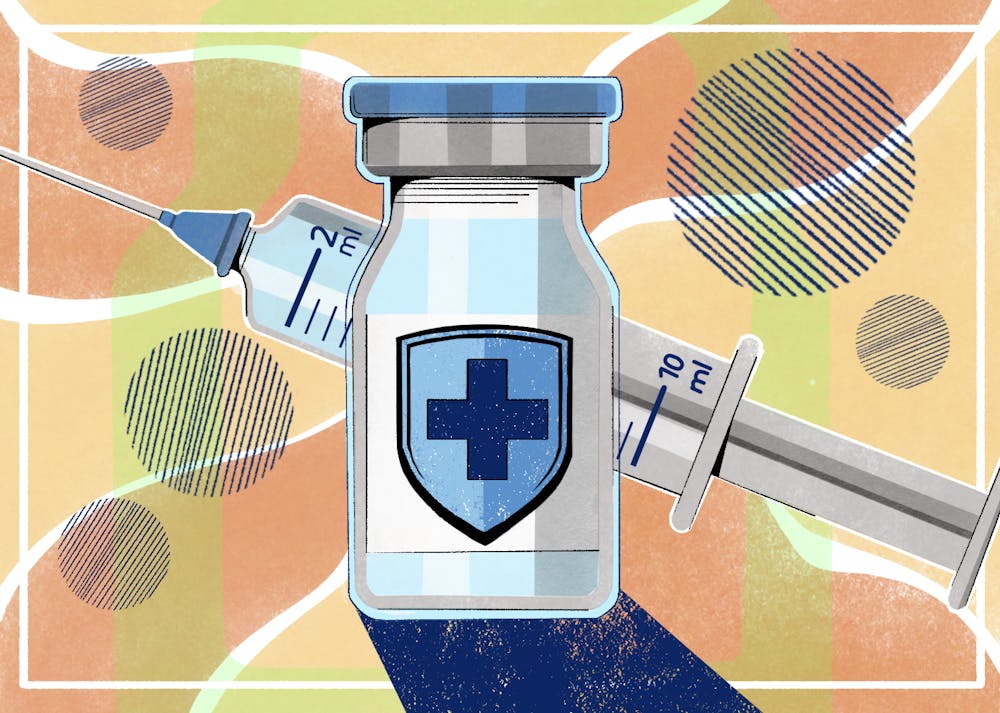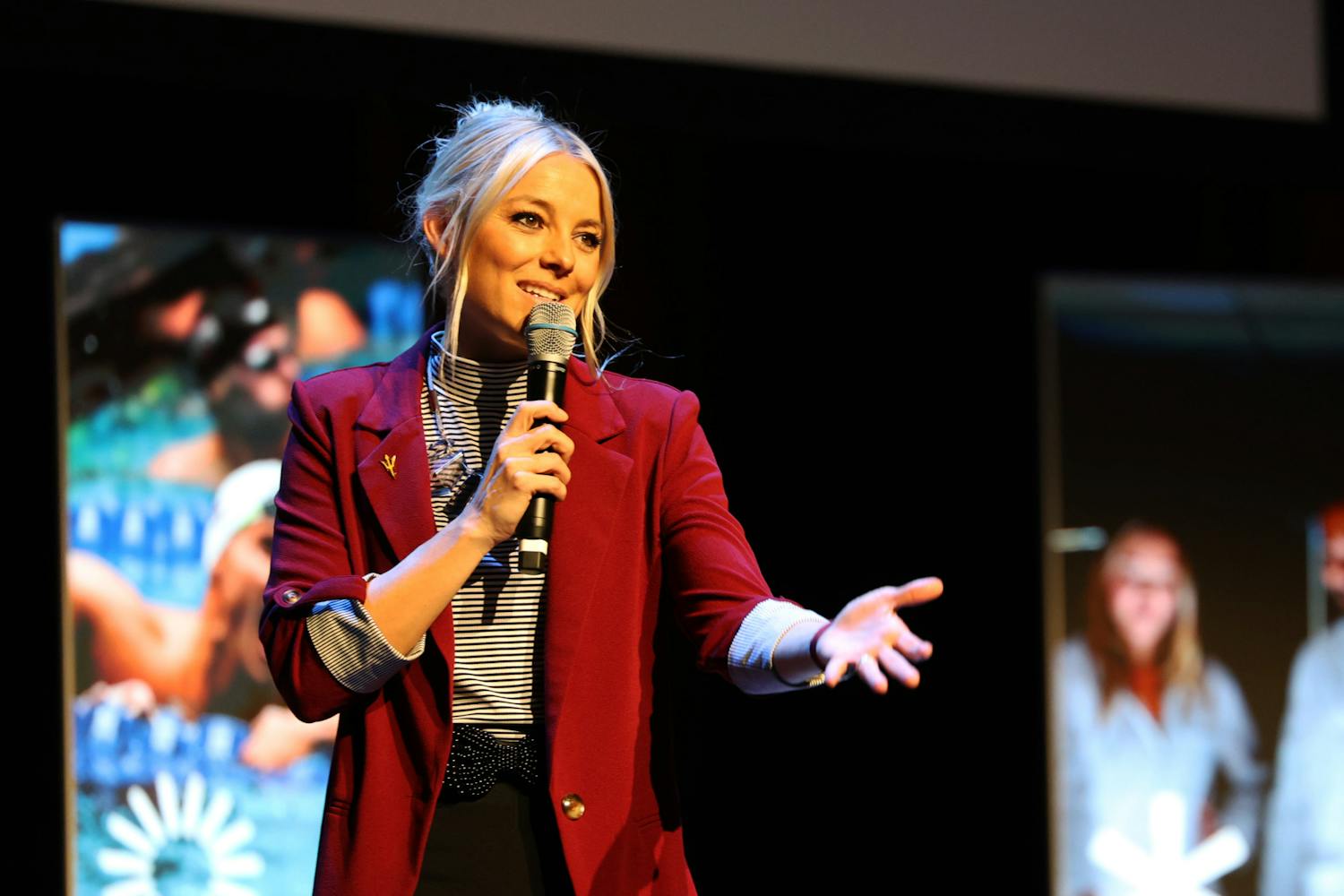Vaccine misinformation has led to the revival of diseases that could otherwise be eradicated, but experts in the field are considering how to improve education on the topic.
Diseases such as measles and mpox (previously referred to as monkeypox), which are preventable with vaccinations, are on the rise. According to the CDC, around 70% of children two years or younger are vaccinated with the combined seven-vaccine series, including measles and chickenpox, and around the same percent of the adult population is fully vaccinated for COVID-19.
Lesley Michalegko is a project manager at the ASU School of Public Affairs as well as a project manager for the Center for Science, Technology & Environmental Policy Studies. She also contributed to a study regarding the scientific perspective of vaccine hesitancy.
"One of the things we looked at was something that is in the vaccine hesitancy literature right now, and it's called the three C's model," Michalegko said.
The three C's include convenience, confidence and complacency. Convenience relates to the larger, more obvious barriers to vaccination.
"How easy is it for you to physically go and get a vaccine? Is it covered by your health insurance?" Michalegko said. "I think a big issue is convenience and not just in the sense of like, 'Oh, I don't feel like it today.'"
While convenience relates largely to societal systems, confidence relates much more to an individual's personal viewpoint towards medicine.
"Confidence really gets to a trust issue. How much trust do you as a person (place) in science or the government, which a lot of times is approving and administering these vaccines?" Michalegko said. "It would be great if people could just read information that is supported by evidence and be able to make decisions, but we know that's just not really the case."
Joshua LaBaer is a professor and executive director for the Biodesign Institute as well as a health solutions ambassador for the College of Health Solutions. He discussed the racial bias that exists within the medical process, which is one reason for patient mistrust.
"There is a good deal of research demonstrating that a lot of underserved communities have not been well treated by the medical system," LaBaer said. "There is a lot more bias in the medical system than people realize or accept."
According to LaBaer, the critical step in this process is establishing trust with the patient and assuring them that their concerns are being heard.
"You have to work with populations in a way that ensures they understand you have their best interests at heart. A lot of that means listening to them and listening to their concerns," LaBaer said. "Maybe it's better to approach or work through people whom they already trust."
The final of the three C's is complacency, which is most directly related to misinformation spread online.
"Complacency speaks to how much of a risk that people think (this) is going to cost them," Michalegko said. "That risk could be based on real information or misinformation."
Alexis Koskan is an assistant professor of public health in the College of Health Solutions. She, along with another professor specializing in nursing, are working on a project to put out testimonials of those who have been hesitant to get vaccinated in the past.
"Some people really respond to getting facts and fact sheets, and other people respond better to stories and narratives," Koskan said. "Something I'm working on with another professor is helping people create stories about why they changed their mind and decided to get a certain vaccine."
Koskan hopes that these testimonials will help change the minds of anyone who may be worried about getting a vaccination.
"Maybe it's not necessarily the facts, the stats or the overall incidence and prevalence of disease," Koskan said. "Maybe for some folks, it's hearing other people's stories and experiences, (and) that has an impact on their decisions related to vaccination. Hopefully, within the next six months or so, we'll know more about how persuasive those stories are."
Edited by River Graziano, Sadie Buggle and Caera Learmonth.
Reach the reporter at hrhea@asu.edu.
Like The State Press on Facebook and follow @statepress on X.

Hunter is a senior studying technological leadership. This is his fourth semester with The State Press. He has also worked as a legislative intern.




